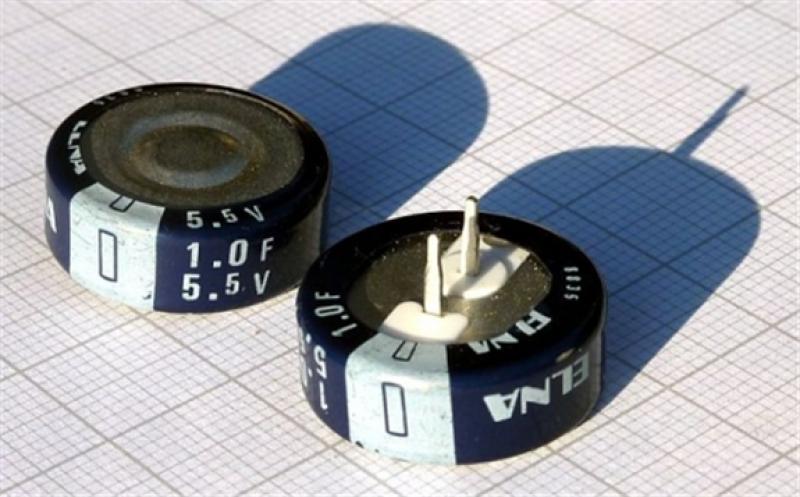Indian scientists have developed a low-cost supercapacitor device with excellent capacitive retention using a novel electrode material they have synthesized. The research can pave the way for the next generation high power-high energy storage devices.

Supercapacitors have gained considerable attention due to their high power density, long cycle life, and excellent capacity retention compared to their battery counterparts.
Supercapacitors with high capacitance and excellent capacitive retention developed from low-cost fabrication techniques are the need of the hour, considering their potential utility in the commercial market.
Scientists at the International Advanced Research Center for Powder Metallurgy and New Materials (ARCI), an autonomous body of the Department of Science and Technology, in collaboration with IIT Hyderabad have developed a facile, scalable, and cost-effective electrochemical route to synthesize electrodes made of Nickel cobaltite (NiCo2O4) containing nanosheet structures with incorporated oxygen vacancies as an active material, for hybrid supercapacitors, the Ministry of Science said in a statement.
These electrodes have been found to have excellent electrochemical performance.
Such hybrid supercapacitors combine the features of both conventional double layer supercapacitors and batteries and act as high power-high energy storage devices.
However, it remains challenging to design pseudocapacitor devices with redox metal oxide (MO) materials with high porosity, which exhibit high capacitance and good cycle life. It is desirable to amend the intrinsic properties of the synthesized MO to enhance its conductivity, stability, and electrochemical activity.
Scientists at ARCI and IIT-H addressed these challenges and were successful in synthesizing NiCo2O4 nanostructured electrodes by a novel electrodeposition route.
They also introduced an optimum number of oxygen vacancies by an environmentally benign chemical reduction process to make up for an active, positive electrode material for hybrid supercapacitor, as reported in their recent publication in the journal “Batteries & Supercaps".
This could be an effective alternative to the existing carbon-based electrodes for supercapacitors to achieve high energy density.
An asymmetric supercapacitor device further fabricated by the research team, using porous carbon and NiCo2O4 electrodes exhibited excellent capacity retention and stability, the statement said.